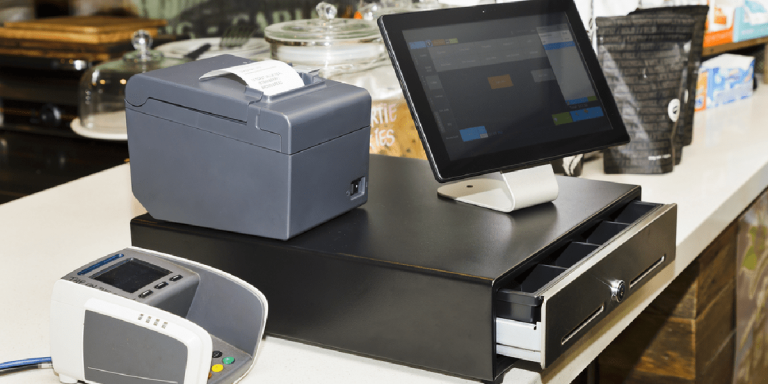Creating a restaurant management system in Uganda would require careful planning and the use of appropriate technology to suit the local context and needs. Here is a high-level overview of the key components of a restaurant management system and some considerations specific to Uganda:
- Point of Sale (POS) System: Implement a POS system to manage orders, billing, and payments. Ensure it supports various payment methods commonly used in Uganda, such as mobile money and credit/debit cards. The system should also support multiple languages, as English is the official language in Uganda, but many people speak local languages.
- Inventory Management: Track inventory levels, manage stock, and generate reports on ingredient usage. This is especially important for reducing food waste and controlling costs.
- Menu Management: The system should allow for easy updates to the menu, including prices and item availability. Consider offering both digital and paper menus, as not all customers may have access to smartphones.
- Order Management: Streamline the order process from the customer’s table to the kitchen. Orders should be sent to the kitchen directly to improve efficiency.
- Table Management: Manage reservations and table assignments. Ensure the system can handle both walk-in and pre-booked customers.
- Staff Management: Monitor employee schedules, track work hours, and manage payroll. Ensure compliance with local labor laws.
- Customer Management: Collect customer data for marketing purposes and loyalty programs. Ensure compliance with data protection laws.
- Reporting and Analytics: Generate reports on sales, expenses, and other key metrics. This data can help you make informed business decisions.
- Compliance and Licensing: Ensure the system helps in managing and tracking permits, licenses, and compliance with local health and safety regulations.
- Local Payment Integration: Integrate with local payment gateways to accommodate the preferred payment methods of Ugandan customers.
- Data Security: Implement robust data security measures to protect customer and business data.
- Mobile Access: Ensure that your system can be accessed via mobile devices since many Ugandans use smartphones.
- Training and Support: Offer training and ongoing support to staff as well as regular system updates.
- Customer Feedback and Reviews: Implement a feedback system to collect customer reviews and ratings. This can help you improve your services and reputation.
- Marketing and Promotions: Integrate marketing tools for promotions and advertisements.
- Localization: Customize the system to meet the specific needs and preferences of Ugandan customers. This may include accommodating local food items and cultural considerations.
- Electricity and Connectivity: Be prepared for power outages and limited internet connectivity in some areas of Uganda. Consider backup power sources and offline capabilities.
- Cost Management: Keep in mind that running a restaurant management system can incur ongoing costs for hardware, software licenses, and support. Budget accordingly.
- Customer Education: Some customers may not be familiar with using digital systems, so provide assistance and education as needed.
- Data Privacy and Legal Compliance: Ensure that your system complies with Uganda’s data protection laws and any other relevant regulations.
It’s essential to adapt your restaurant management system to the specific needs of your establishment and the local market. Consider working with local IT professionals who understand the technology landscape in Uganda and can help you implement and maintain the system effectively.
Post Views: 698


